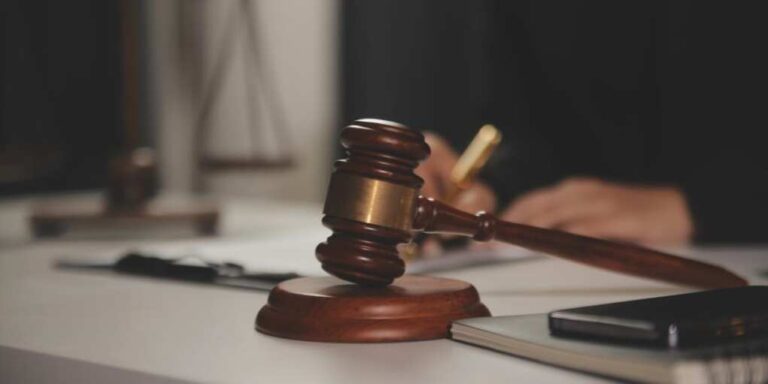
President Trump’s emergency deployment of 2,000 National Guard troops to Los Angeles may be facing its first major roadblock from the judiciary. On Thursday, federal Judge Charles Breyer issued an order requiring Trump to return control of California’s National Guard to Democratic Governor Gavin Newsom. The judge argued that the president had “exceeded the scope of his statutory authority” and violated the Tenth Amendment.
However, the ruling has been temporarily blocked by an appeals court, meaning Trump’s federal control over the Guard remains in place—at least until Tuesday.
The battle stems from Trump’s decision last week to activate the Guard to support ICE raids and federal agents facing violent anti-immigration riots in LA. The situation on the ground had deteriorated rapidly, with mobs attacking police, torching vehicles, and storming the LAPD headquarters. In a memo, Trump stated the move was to “temporarily protect ICE and other United States Government personnel.”
But Newsom immediately sued, calling Trump’s action unconstitutional and unnecessary. He claimed that California law enforcement had the situation under control, despite widespread looting, arson, and assaults on federal officers. In a post celebrating Breyer’s ruling, Newsom declared, “This win is not just for California, but the nation. It’s a check on a man whose authoritarian tendencies are increasing by the day.”
Trump’s team, however, called the lawsuit “a crass political stunt endangering American lives.” White House Deputy Press Secretary Anna Kelly slammed the judge’s decision as “unprecedented” and warned it puts federal officials at risk. “The district court has no authority to usurp the President’s authority as Commander in Chief,” she said. “We will immediately appeal this abuse of power and look forward to ultimate victory on the issue.”
Legal experts note the unusual nature of the case. While the president has broad authority under the Insurrection Act and the National Emergencies Act, Judge Breyer argued that Trump had not followed proper congressional procedures. Trump’s allies call this a hypertechnical excuse to block an urgent security move.
The appeal, now underway, will determine whether federal troops can continue assisting in Los Angeles. Critics warn that allowing states to override presidential control during national security crises could create dangerous precedents.
The riots themselves have further inflamed the political clash. Protesters in LA have vandalized federal buildings, blocked highways, and burned American flags—all while left-wing leaders, including Kamala Harris and Cory Booker, downplay the violence and accuse Trump of trying to “manufacture chaos.”
Meanwhile, DHS posted stark footage from the riots and asked, “Why is California’s governor siding with foreign criminals?” Trump has repeatedly called the LA riots a “migrant invasion” and framed his crackdown as a stand for law and order.
The stakes of the legal fight are immense. If Trump wins, it sets a precedent for federal enforcement even in hostile blue states. If he loses, it could embolden Democrat-run states to resist federal authority on everything from immigration to national defense.
The appeals court’s next move is expected early this week. In the meantime, federal troops remain stationed in LA, and tensions between state and federal leadership are only escalating.
For Trump, the legal victory—or loss—could set the tone for how aggressively he can wield executive power during his second term. For Newsom, it’s a national stage to showcase defiance—and perhaps test-drive a future presidential run. But for the residents of Los Angeles caught in the crossfire, the outcome could mean the difference between chaos and calm.






